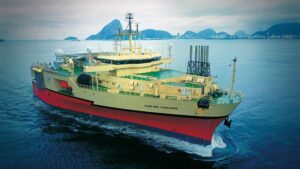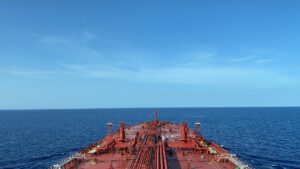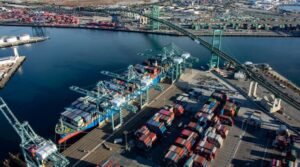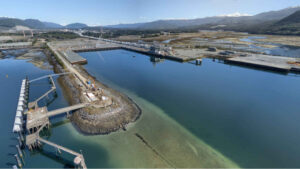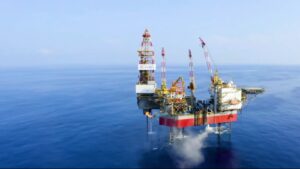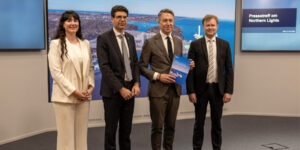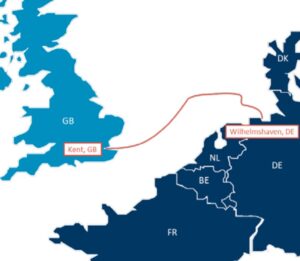Russia Eyes Annual Traffic of 80 Mn Tons via NSR by 2024
About 80 million tons of goods is planned to be shipped annually via the Northern Sea Route (NSR) by 2024, Rosatom director revealed.
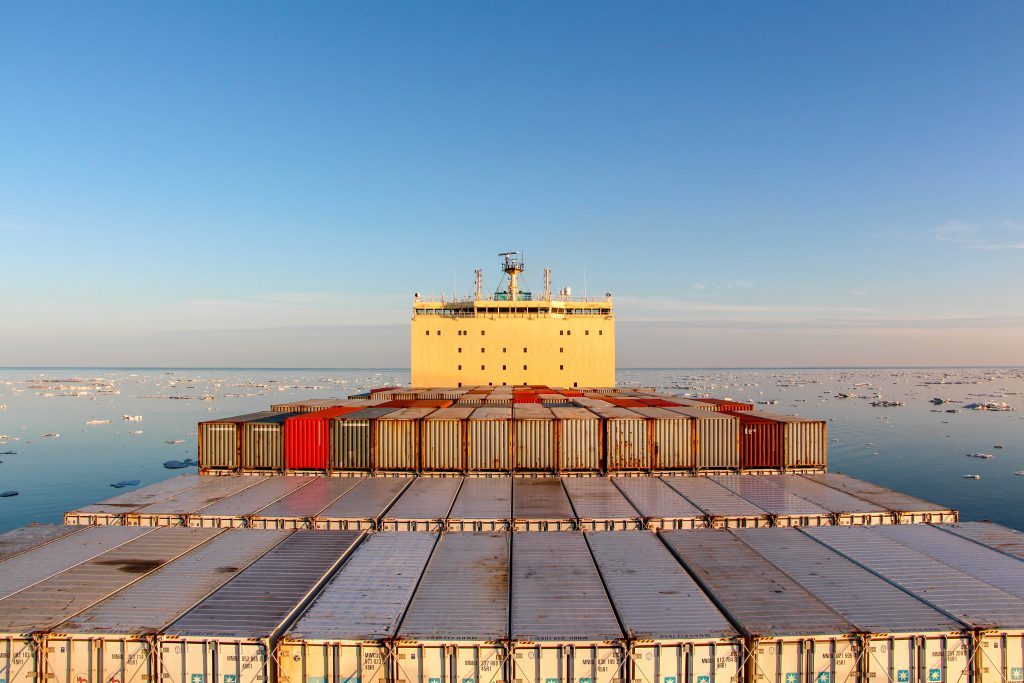
On September 4, the first working meeting of the NSR Public Council was held at the 5th Eastern Economic Forum (EEF) in Vladivostok.
Attended by representatives of governmental bodies and maritime companies from Russia, Japan, China, South Korea, the UAE, Sweden, Denmark, Germany, France and Norway, the new meeting followed the founding one that took place in Saint Petersburg in June.
Alexey Likhachev, Director General of Russian state energy corporation Rosatom, who gave the welcoming speech at the meeting, stated: “Within the framework of the federal project Northern Sea Route, the appropriate set of measures has been taken to achieve the annual target cargo flow of 80 million tons by 2024.”
“We have no doubt that we will cope with this task and create infrastructure that will include the Arctic icebreaker fleet, satellite communications, emergency means of rescue, port fleet and digital shipping services.”
He added that in August 2019, a contract was inked for the construction of the fourth and fifth nuclear icebreakers in addition to the three already being built in St. Petersburg.
Rosatom has the role of a top regulator in the development of the Northern Sea Route, a shipping lane between the Atlantic Ocean and the Pacific Ocean along the Russian coast of Siberia and the Far East. The NSR Public Council aims to create a platform for an open expert decision-making panel on the best solutions for developing the route.
Additionally, Rosatom’s subsidiary Rusatom Cargo, Korea Marine Equipment Research Institute (KOMERI) and South Korean shipping company Sinokor Merchant Marine signed a multilateral memorandum of understanding on the development of Northern Transit Corridor (NTC) also on September 4. The cooperation is expected to facilitate bilateral trade between Russia and South Korea.
Also present at the council meeting was Sergey Frank, President and CEO of Russian shipping company Sovcomflot. He reflected on the successful completion of the commercial voyage along the NSR on September 2. As World Maritime News earlier reported, Sovcomflot’s LNG-fueled Aframax crude oil tanker Korolev Prospect wrapped up the NSR voyage, becoming the first large-capacity oil tanker to do so by using only LNG fuel.
“Maritime transportation along the NSR has to be carried out in full compliance with the highest safety and quality standards, with the focus on the environment. In 2018, freight traffic along the NSR almost doubled to 19.7 million tonnes, in comparison with 2017. There is no doubt that the significant growth in NSR traffic pushes the human element to the fore,” Frank pointed out at the meeting.
Related:
Novatek, Sovcomflot Form Shipping Joint Venture
SCF’s LNG-Fueled Aframax Transits Northern Sea Route

